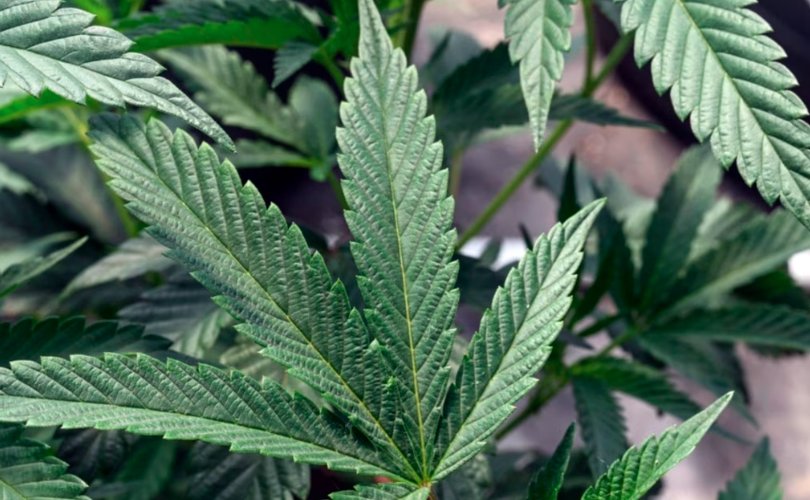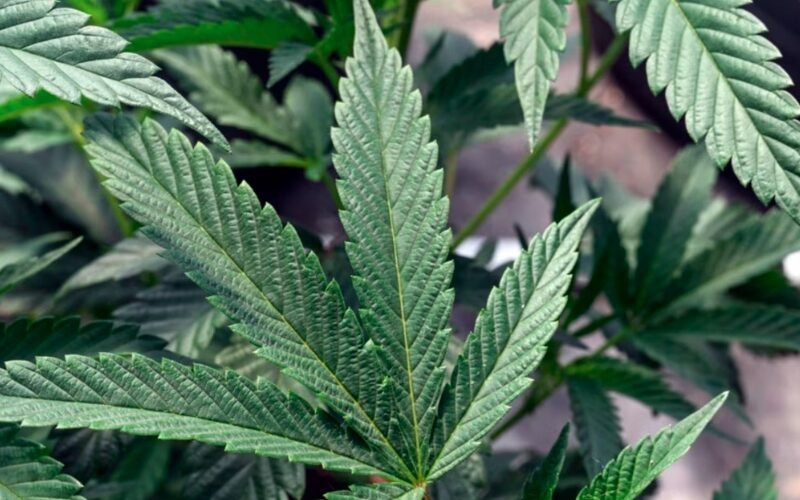In a groundbreaking move, the U.S. Department of Justice has proposed reclassifying marijuana as a Schedule III controlled substance, potentially transforming the legal landscape for cannabis-related activities and industries.
A Shift in Perception and Policy
The reclassification of marijuana reflects a significant change in both public sentiment and federal policy. For decades, marijuana has been classified as a Schedule I drug, indicating a high potential for abuse and no accepted medical use. This reclassification to Schedule III, which includes drugs like ketamine and Tylenol with codeine, acknowledges the medical benefits of marijuana and its lower potential for abuse.
The first paragraph would discuss the historical context of marijuana’s legal status and the long-standing debate over its classification. It would explore the implications of this shift for individuals and businesses, particularly those involved in the medical marijuana industry.
The second paragraph would focus on the potential impact of this change on research into the medical uses of marijuana. With the reclassification, researchers could have greater access to cannabis for studies, which could lead to new treatments for a range of conditions.

The third paragraph would consider the broader societal implications, including the potential for this policy change to affect the criminal justice system. It would discuss how reclassification might influence sentencing for marijuana-related offenses and the possibility of expunging past convictions.
Economic and Industry Implications
The proposed reclassification is expected to have significant economic implications, particularly for the burgeoning cannabis industry. By moving marijuana to Schedule III, businesses could see reduced regulatory burdens and increased opportunities for growth and investment.
The first paragraph would examine the current financial challenges faced by cannabis businesses due to the drug’s Schedule I status, such as restrictions on banking and taxation issues. It would discuss how reclassification could alleviate these challenges.
The second paragraph would delve into the potential for job creation and economic growth within the cannabis industry as a result of the policy change. It would highlight the opportunities for new businesses and the expansion of existing ones.
The third paragraph would address the international perspective, considering how the U.S. reclassification of marijuana might influence global drug policy and the international cannabis market.
Social Justice and Legal Reform
The reclassification of marijuana also carries significant implications for social justice and legal reform. For years, marijuana laws have disproportionately affected minority communities, and this policy change could represent a step toward rectifying those disparities.
The first paragraph would discuss the historical impact of marijuana laws on various communities, highlighting the disproportionate number of arrests and convictions among minority populations.
The second paragraph would explore the potential for this reclassification to lead to broader criminal justice reforms, including the possibility of reducing the prison population and redirecting law enforcement resources.
The third paragraph would consider the ongoing conversation about full legalization versus decriminalization, examining the different viewpoints and the potential paths forward in light of the DOJ’s proposal.




